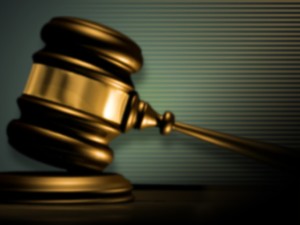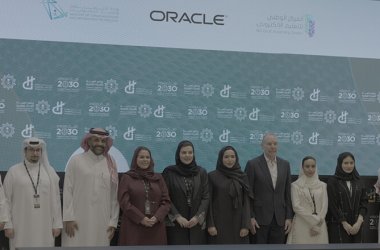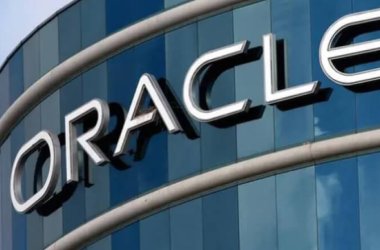 The judge overseeing Oracle’s intellectual property lawsuit against Google wants Oracle to provide “a clear answer” as to why the trial shouldn’t be postponed until a number of patent reexamination processes are fully played out, according to a filing late Thursday in U.S. District Court for the Northern District of California.
The judge overseeing Oracle’s intellectual property lawsuit against Google wants Oracle to provide “a clear answer” as to why the trial shouldn’t be postponed until a number of patent reexamination processes are fully played out, according to a filing late Thursday in U.S. District Court for the Northern District of California.
Oracle sued Google in August 2010, claiming the Android mobile OS violates a number of patents and copyrights Oracle holds on the open-source Java programming language. Google has denied wrongdoing and said Android uses a “clean room” Java implementation that doesn’t violate Oracle’s rights.
As part of its pretrial tactics, Google asked the U.S. Patent and Trademark Office to reexamine a number of Oracle’s patents at issue in the case, and has received some favorable rulings.
Oracle still has some additional recourse to appeal the USPTO’s actions. To that end, Judge William Alsup’s order on Thursday questions whether the trial should be held up for now.
“Oracle should state a clear answer to the following question,” Alsup wrote. “Given that the examiners have issued final rejections on patents ‘720, ‘702, ‘476, and ‘205, and Oracle has only withdrawn the ‘476 patent, but still wishes to go to trial on patents ‘720, ‘702, ‘205, ‘520, and ‘104, and Oracle still wishes to have an instruction that those patents must be presumed valid and can only be found invalid by clear and convincing evidence, would it be better to postpone trial until after final decisions by the PTO on administrative appeal?”
“Also please answer: to avoid this problem, will Oracle irrevocably withdraw with prejudice patents ‘720, ‘702, and ‘205?” Alsup added.
The judge wants a response from Oracle, as well as “the views of Google on these questions,” by March 9, according to the order. Depending on what happens, the Oracle-Google trial may be postponed for quite some time, according to one expert.
“If the case is stayed pending final decisions by the PTO Board of Appeals, the stay could extend for two or three years,” said attorney Scott Daniels, a partner with the Washington, D.C. law firm of Westerman, Hattori, Daniels and Adrian, as well as author of the Reexamination Alert blog. While appeals typically take 12 to 18 months, “outliers” can extend the process longer, Daniels said.
“It appears that Judge Alsup is willing to proceed with the trial on patent issues, but only if Oracle pares away the patents that have final rejections,” Daniels added.
Meanwhile, another important hearing in the case is set for Wednesday, where Oracle’s third damages report will be discussed. Oracle’s expert first estimated that Google owed Oracle up to US$6.1 billion. However, Alsup has told Oracle to use $100 million as a starting point for determining damages, and has said he won’t name a trial date until Oracle provides an acceptable damages report.





